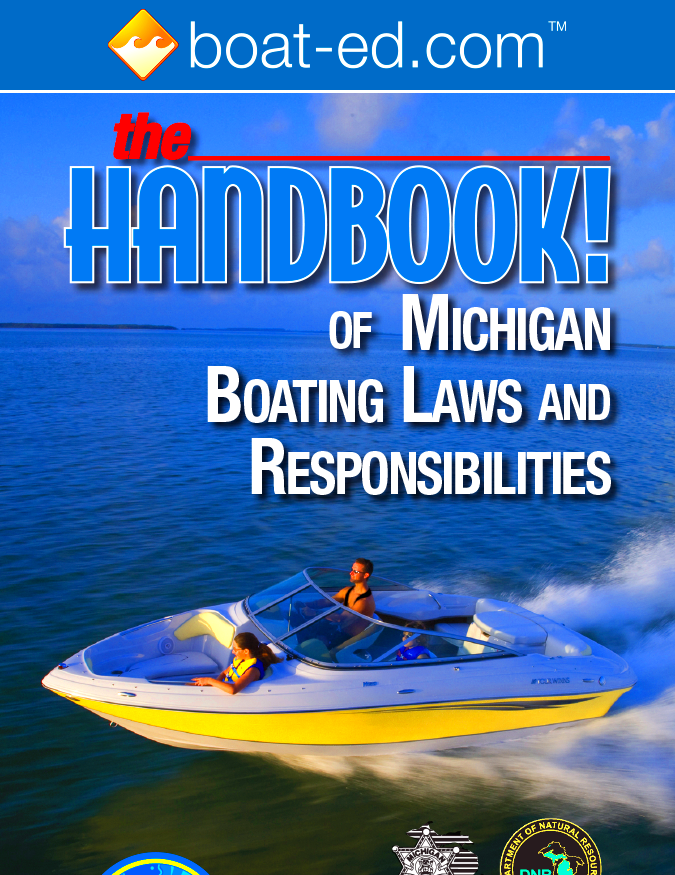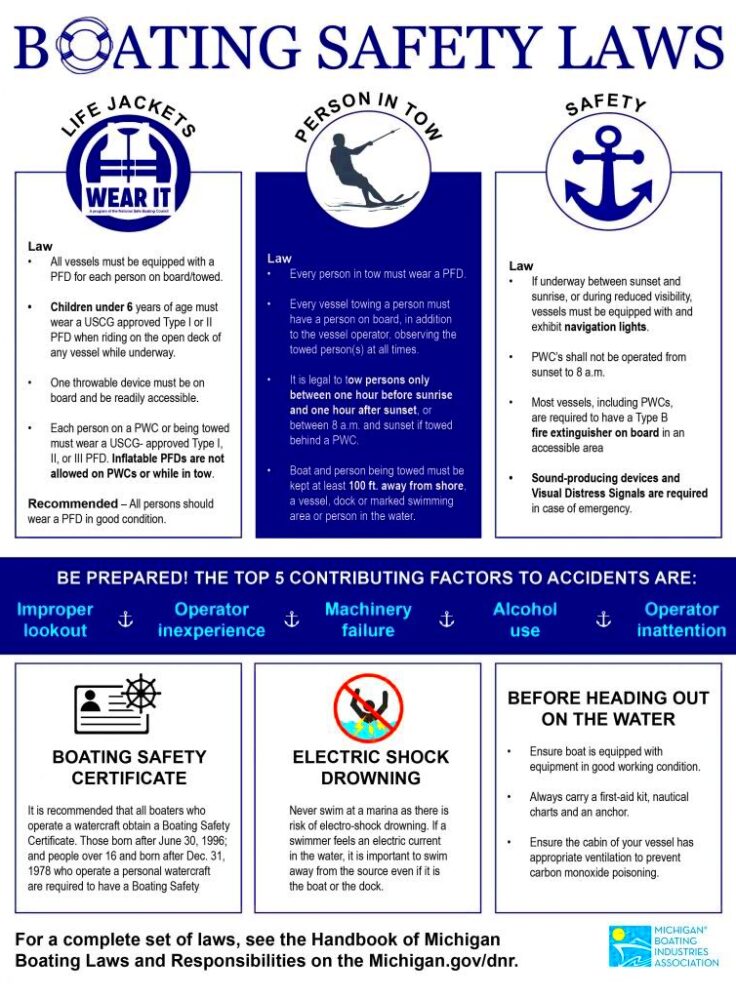Michigan Wake Boat Laws: Safety and Legal Regulations
Michigan is a popular destination for water sports, especially wakeboarding. However, with the fun of wake boats comes the need for understanding the laws that govern their use. These laws are designed to ensure safety and protect both the users and the environment. Whether you are a seasoned wake boat enthusiast or a newcomer, it’s important to be informed about these regulations to enjoy your time on the water responsibly.
Understanding Wake Boats and Their Usage

Wake boats are specially designed vessels that create large wakes for activities like wakeboarding and wakesurfing. These boats differ from regular boats due to their unique hull shapes and ballast systems. Here are a few key points to understand:
- Hull Design: Wake boats typically have a deep V-shaped hull, allowing for better wake formation.
- Ballast Systems: Most wake boats come equipped with ballast tanks that can be filled with water to enhance wake size.
- Usage: While fun, wake boats should be used in designated areas to ensure the safety of all water users.
It’s crucial to operate these boats in accordance with local laws and regulations to ensure safety and enjoyment on the water.
Safety Regulations for Wake Boat Operators
Safety should always be a top priority when operating a wake boat. Michigan has specific regulations aimed at preventing accidents and ensuring a safe boating experience. Here are some important safety regulations:
- Life Jackets: All passengers must wear a U.S. Coast Guard-approved life jacket, especially those under 12 years old.
- Spotter Requirement: If the boat is towing a wakeboarder or wakesurfer, a competent spotter must be present in the boat.
- Speed Limits: Adhere to posted speed limits and be mindful of the surroundings to avoid collisions.
- Operator Age: Operators under 14 years old must have a boater safety certificate.
- Alcohol Consumption: It is illegal to operate a boat while under the influence of alcohol or drugs.
By following these regulations, operators can ensure a safe and enjoyable experience for themselves and others on the water. Always stay informed and check for any updates to safety laws to keep up with changing regulations.
Legal Requirements for Wake Boat Registration
Before hitting the water, it’s essential to understand the legal requirements for registering your wake boat in Michigan. Proper registration not only ensures compliance with the law but also provides a sense of security. Here are the key steps and requirements for registering your wake boat:
- Eligibility: All motorized boats must be registered with the Michigan Department of Natural Resources (DNR).
- Documentation: You’ll need to provide proof of ownership, which can include a bill of sale or a manufacturer’s certificate of origin.
- Application: Complete the registration application form available on the DNR website or at local offices.
- Fees: Registration fees vary based on the length of the boat and can be paid online or in person.
- Renewal: Keep in mind that registration must be renewed every three years, so mark your calendar!
Once registered, your wake boat will receive a registration number that must be displayed on both sides of the vessel. This number not only identifies your boat but also ensures that you are abiding by Michigan’s boating laws.
Licensing and Certification for Operators
Operating a wake boat in Michigan requires proper licensing and certification, especially if you’re new to boating. Here’s what you need to know:
- Boater Safety Certificate: Anyone born after July 1, 1996, must possess a valid boater safety certificate to operate a motorized vessel.
- Certification Programs: Various programs are available, both online and in-person, to help you obtain your boater safety certificate. The courses cover essential topics such as:
- Boating laws and regulations
- Safety equipment and procedures
- Navigation rules and responsibilities
- Age Restrictions: Operators under 14 must have an adult on board and must comply with age-related restrictions.
By getting certified, you not only ensure your safety but also the safety of your passengers and fellow boaters. It’s a step towards responsible boating!
Wake Boat Equipment Regulations
To ensure safe and enjoyable experiences on the water, Michigan has specific regulations regarding wake boat equipment. Being aware of these requirements can help you stay compliant and avoid potential penalties. Here’s a rundown of essential equipment regulations:
- Life Jackets: You must have a U.S. Coast Guard-approved life jacket for each person on board. Additionally, one throwable flotation device is required.
- Fire Extinguisher: Boats equipped with an inboard engine or any fuel tank must have a fire extinguisher on board.
- Sound Signaling Devices: A whistle or horn is necessary to signal other boaters, especially in crowded areas.
- Navigation Lights: If you plan to operate your wake boat during the evening or in low visibility, it must be equipped with appropriate navigation lights.
- Ballast System Safety: Ensure that your ballast system is functioning properly to prevent waterlogging and maintain stability.
Regularly check your wake boat equipment to ensure compliance with these regulations. Taking the time to equip your boat properly not only keeps you within the law but also enhances safety for everyone on the water.
Responsibilities of Wake Boat Owners
Owning a wake boat comes with great joy, but it also carries significant responsibilities. As a wake boat owner in Michigan, you have duties that ensure not only your safety but also the safety of others on the water. Here’s a breakdown of key responsibilities:
- Knowledge of Laws: Familiarize yourself with local boating laws and regulations. Being informed helps you stay compliant and promotes a safe boating environment.
- Maintenance: Regularly maintain your wake boat. This includes checking the engine, ballast systems, and safety equipment to ensure everything is in good working order.
- Safety Equipment: Keep all necessary safety gear on board, including life jackets, a fire extinguisher, and a first-aid kit.
- Responsible Operation: Always operate your boat sober and never exceed the recommended capacity. Be mindful of your wake, especially near other boats and swimmers.
- Environmental Awareness: Respect the waterways and wildlife. Avoid anchoring in sensitive areas and be conscious of pollution.
By fulfilling these responsibilities, you not only enhance your own enjoyment but also contribute to a safer and more enjoyable experience for everyone out on the water.
Consequences of Violating Wake Boat Laws
Understanding the consequences of violating wake boat laws is crucial for all boaters. Michigan takes boating safety seriously, and penalties can vary based on the severity of the violation. Here’s what you need to know:
- Fines: Minor violations, like not having the proper safety equipment, can result in fines ranging from $50 to several hundred dollars.
- Points on License: Certain violations may add points to your driving record, which can lead to higher insurance rates and potential restrictions on your boating privileges.
- Seizure of Equipment: Serious violations, such as operating a boat under the influence, may lead to the seizure of your boat and legal action.
- Legal Action: In cases of accidents or injuries due to negligence, you may face civil lawsuits or criminal charges.
- Increased Insurance Costs: A history of violations can result in increased premiums for your boat insurance.
To avoid these consequences, always stay informed about the laws and operate your wake boat responsibly. Remember, a little knowledge can go a long way in preventing costly mistakes.
Frequently Asked Questions
Many boaters have questions about wake boat laws and regulations. Here are some common queries along with their answers:
- Do I need a license to operate a wake boat? Yes, you need a boater safety certificate if you were born after July 1, 1996.
- What are the age restrictions for wake boat operators? Operators under 14 must be accompanied by an adult on the boat.
- Are there specific areas where I can use my wake boat? Yes, make sure to check local regulations for designated wakeboarding areas to ensure safety and compliance.
- What safety equipment is required on a wake boat? You must have life jackets, a fire extinguisher, a whistle, and proper navigation lights.
- What should I do if I witness a boating violation? Report it to local authorities, as they can take appropriate action to ensure safety on the water.
If you have more questions, don’t hesitate to reach out to local boating authorities or organizations for guidance. Staying informed is the key to a fun and safe boating experience!
Conclusion
Understanding Michigan’s wake boat laws and regulations is essential for anyone looking to enjoy water sports safely and responsibly. By familiarizing yourself with the legal requirements for registration, licensing, and safety equipment, you ensure not only your own safety but also the safety of others on the water. Remember, being a responsible wake boat owner means regularly maintaining your equipment, adhering to safety regulations, and staying informed about the latest laws. Embracing these practices will enhance your experience on the water and contribute to a safer boating community. So gear up, stay safe, and enjoy the thrill of wakeboarding!


